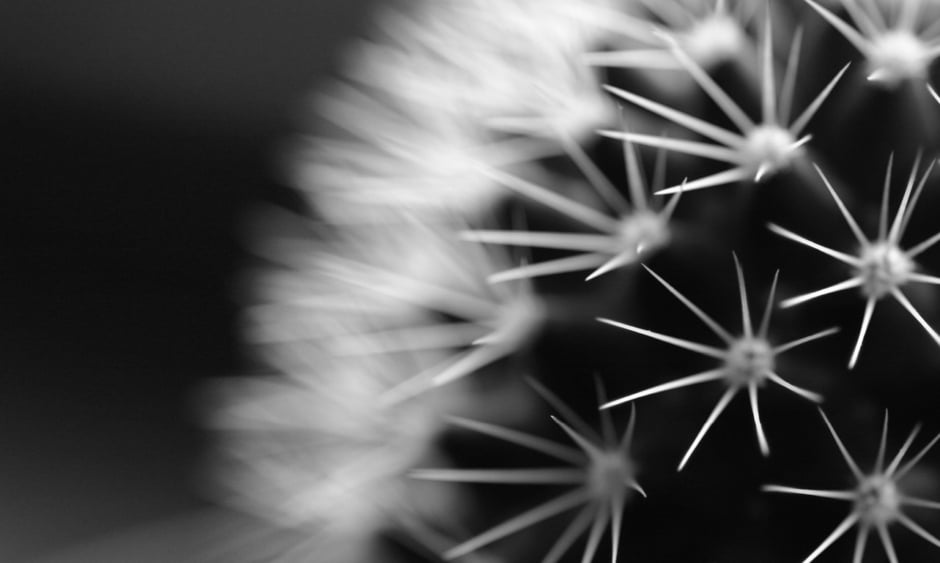A VACCINE candidate for COVID-19 has shown promise in mice studies by producing antibodies specific to SARS-CoV-2, at levels thought to be sufficient to neutralise the virus. Scientists from the University of Pittsburgh School of Medicine (UPSOM), Pittsburgh, Pennsylvania, USA, where the study was conducted, were able to fast-track their research by applying findings from their previous experiments on other coronaviruses.
Co-senior author Prof Andrea Gambotto, UPSOM, commented: “We had previous experience on SARS-CoV in 2003 and MERS-CoV in 2014. These two viruses, which are closely related to SARS-CoV-2, teach us that a particular protein, called a spike protein, is important for inducing immunity against the virus. We knew exactly where to fight this new virus.” She added: “That’s why it’s important to fund vaccine research. You never know where the next pandemic will come from.”
The vaccine, called PittCoVacc, was delivered using a unique method: a fingertip-sized microneedle patch. Application of the patch generated a surge in antibodies against SARS-CoV-2 in the mice within 2 weeks of the microneedle prick. After comparing the results to those seen with the MERS-CoV vaccine, the levels of antibodies produced by PittCoVacc are thought to be sufficient to neutralise the SARS-CoV-2 virus for at least a year; however, long-term studies on the mice have not been conducted yet.
In comparison to the experimental messenger RNA vaccine candidate that has just entered clinical trials (mRNA-1273; National Institute of Allergy and Infectious Diseases [NIAID] and Moderna Inc.), PittCoVacc uses lab-made pieces of viral protein to build immunity, which is considered a more established approach. This is the same approach used for developing current influenza vaccines, and is also highly scalable: the protein pieces are manufactured by layer of cultured cells engineered to express the SARS-CoV-2 spike protein, which is then industrially purified.
This microneedle array comprises 400 tiny needles to deliver the spike protein pieces into the skin, where the immune reaction is strongest, and then the needles, which are made entirely of sugar and the protein pieces, dissolve. The authors are planning to start conducting Phase I human clinical trials in the next few weeks, and are applying for an investigational new drug approval from the U.S. Food and Drug Administration (FDA).
“Our ability to rapidly develop this vaccine was a result of scientists with expertise in diverse areas of research working together with a common goal,” said co-senior author Prof Louis Falo, UPSOM, and Chair of Dermatology, University of Pittsburgh Medical Center.






